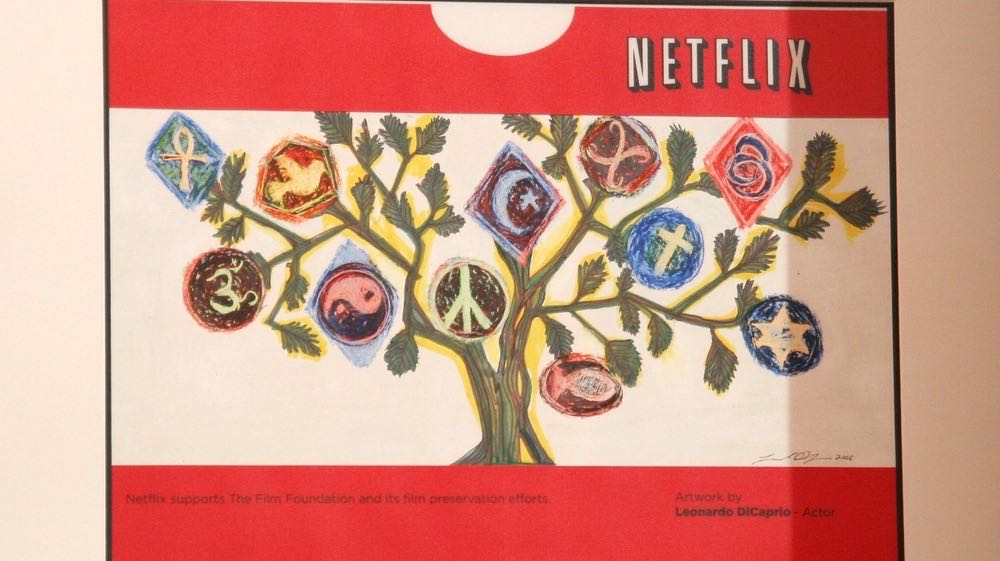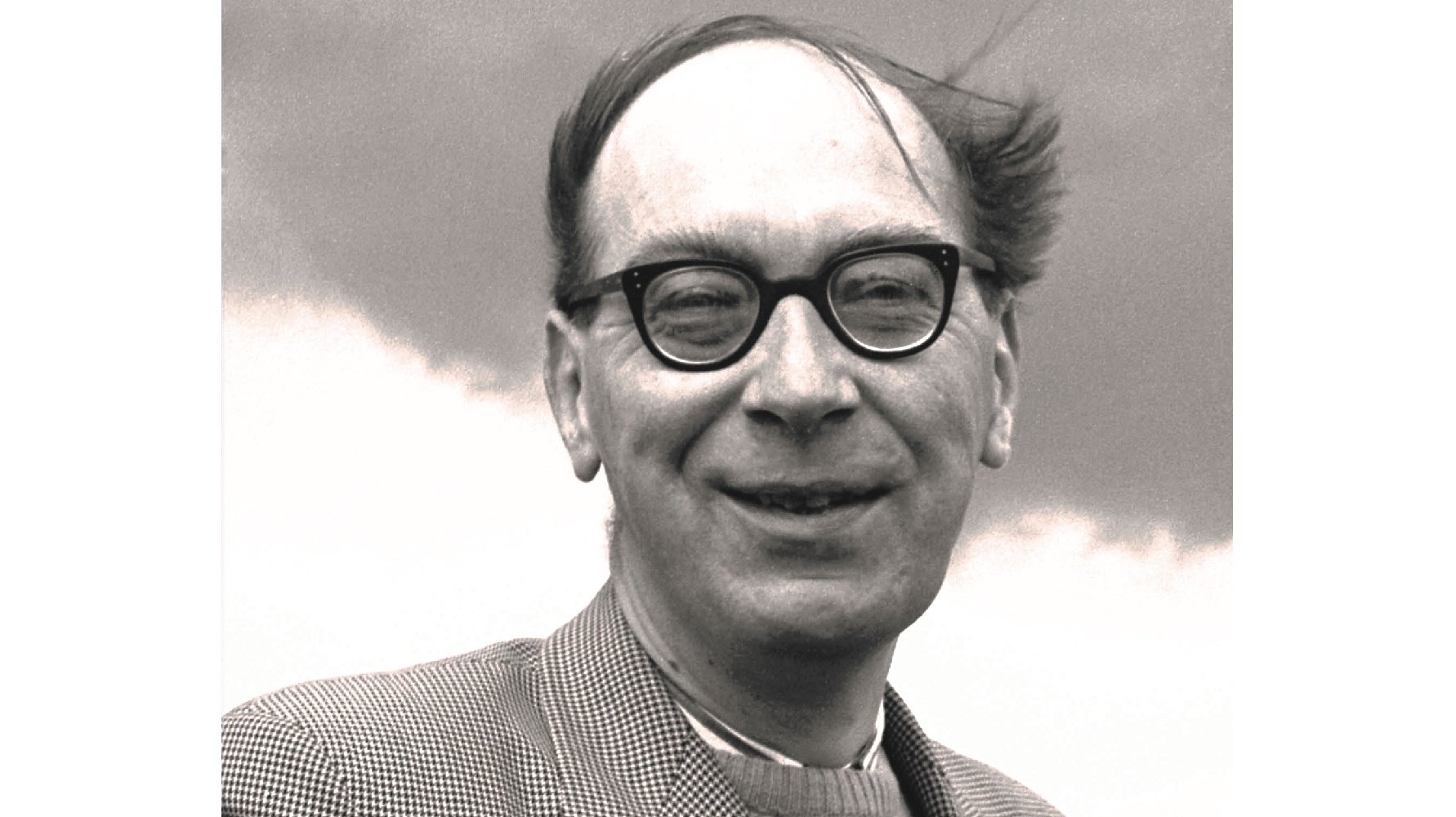Culture & Religion
All Stories
“Attractiveness can convey more power over visible space, but that in turn can make others feel they can’t approach that person,” said Dr. Tonya Frevert.
Legendary college basketball coach Dean Smith died last week at the age of 83. Former NBA player Shane Battier, who was recruited by Smith, but eventually settled on a rival school, recounts his memories of the man.
English-speaking students are at a disadvantage compared to the rest of the world because English’s wacky written language requires rigorous memorization of myriad forms of spelling. This keeps kids from achieving literacy as quickly as those who speak more phonetic languages.
A new feature allows users to designate a friend or family member to become the caretaker of your account should you die.
Romance and reason are becoming estranged bedfellows (too bad—they were a cute couple). Does love’s logic now add up? Or is love like “happiness,” a low-resolution word (unhelpful in seeing key distinctions). Food for thought on love’s unrequited logic…
China’s budget carrier Spring Airlines wants passengers to stand during flights so planes can carry more coach-class travelers on short-haul flights.
If we all lived under the intense scrutiny to which we are currently subjecting national news anchor Brian Williams, each of us would be discredited, say neuroscientists who study memory.
Resulting from President Barack Obama’s efforts to normalize diplomatic relations with Cuba, Netflix has made its monthly video-streaming service available on the island for $7.99 per month.
“They f**k you up, your mum and dad,” poet Philip Larkin wrote in the late work “This Be the Verse.” “They may not mean to, but they do./ They fill you with the faults they had/ And add some extra, just for you.” Larkin kidded that those lines would be his best remembered, a guess not too far off 30 years after his death. Where others see in those lines a perfect portrait of the sour, sad curmudgeon poet, in the new biography Philip Larkin: Life, Art and Love, James Booth sees something different. “The poem’s sentiment is sad, but the poem is full of jouissance,” Booth argues. “This must bid fair to be the funniest serious English poem of the 20th century.” Likewise, Larkin — target of posthumous charges of racism, misogyny, and assorted cruelties — could lay claim to being the “funniest serious” English poet of the 20th century. Booth, who knew and worked with Larkin, shows the sweet, happy side of the sour, sad poet and makes a strong case for learning to love Larkin again, if not for the first time.
How does the media talk about men’s and women’s sports? Quite differently, according to Nicholas Subtirelu, a Ph.D. student in applied linguistics at Georgia State University.
Why do we prefer Mr. or Ms. Okay over Mr. or Ms. Perfect? A deeply rooted evolutionary bias propels us to take the surest route to passing on our genes.
In a Big Think interview, David Westin, who ran ABC News for 14 years, laid out the steps that NBC needs to take to keep Brian Williams at the anchor […]
The Cricket World Cup begins this weekend. If you’re confounded by the game, yet curious to learn, the internet has your back.
What do British Romantic Era poets and video games have in common? The answer is Elegy for a Dead World, an unlikely game that leaves the players with “no game […]
To celebrate the 20th anniversary of iconic anime Neon Genesis Evangelion, a group of fans wants to recreate the fate of series’ Spear Of Longinus, which ends up on the moon.
It’s something of a cultural cliché, but counting your blessings is a great way to obtain perspective on a bad day.
Crisis counsellors are speaking directly to young people where they are most comfortable communicating, in a text message.
When men earn more than their spouses do, they tend to be more lax about doing chores around the house, according to a recent paper.
How do you talk to a parent who has decided not to vaccinate their child? Some commentators say, “Don’t bother.”
To unwind they check out social media.
The real barrier to getting more women into leadership roles is the issue of time commitment. Companies that embrace values diversity and accommodate various time commitments will open doors to leadership for previously shut-out members of the available talent pool.
Rebranding means reinvention — a wiping away of the old and replacing it with the new. Such an identity shift can be both exciting and frightening. Make sure you know what you’re getting into before embarking on an identity shift.
For the first time since the Vikings sailed, the Icelandic public will soon be able to worship classical Norse gods like Odin, Thor, and Frigg at a public temple built in their honor.
I began the new year on a very positive – and inspiring – note after reading Eric Liu’s latest commentary on “Radical Empathy”. The founder and CEO of Citizen University, […]
One of the field’s most acclaimed psychiatrists explains the dangers of neglecting the severity of intense traumatic experiences.
Pope Francis’ remarks on climate change, that we must collectively account for our mistreatment of nature, has also weakened the GOP’s political narrative in which they appear as the party of God.
Some may be shocked or relieved to hear a study recently revealed that older people enjoy having sex well into their seventies and eighties.
Leaders are not defined by their bombastic decision-making, but by the ways in which they pool information to inform their choices.
A new survey confirms that the lay public trusts science and scientists, but that scientists and the public have different views on specific issues. Unfortunately, the survey tells us how people feel, but not why, which we have to understand if we’re going to try and narrow the perception gap between what the public believes and what the bulk of the scientific evidence indicates, a gap that cause all kinds of harm.
Sports and science go together like Beast Mode and Skittles. Throws, collisions, sprints, and kicks are all dependent on the Laws of Physics.





























